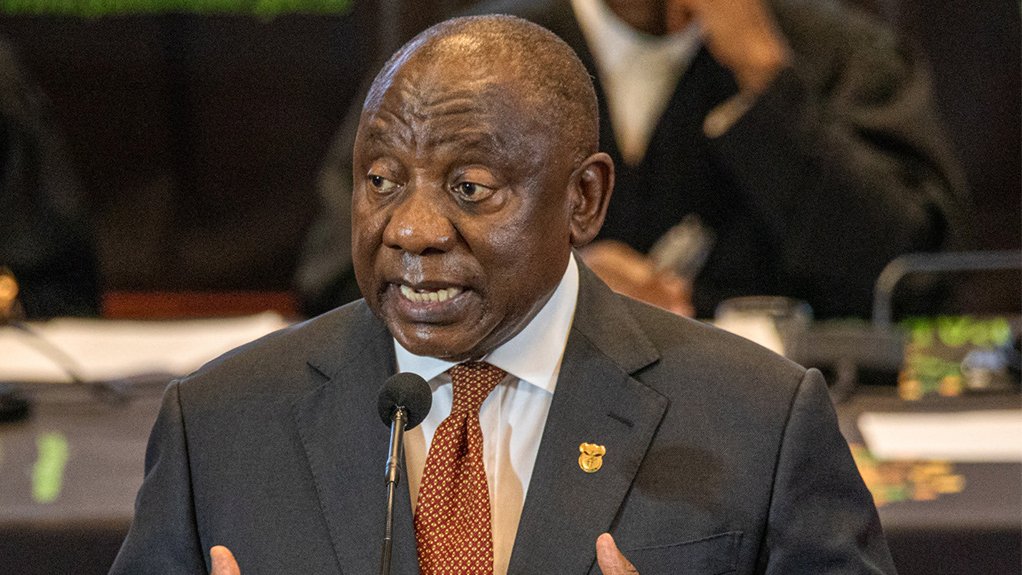President Cyril Ramaphosa said on Monday that with South Africa’s high unemployment rate, entrepreneurship is an important tool to empower more women and broaden their participation in the economy.
Ramaphosa wrote in his weekly letter to the nation that this included the informal sector, which accounted for 18% of total employment in the country.
He said 30 years into the country’s democracy there was still more to do to broaden women’s economic participation.
Ramaphosa said empowering women contributed to thriving economies, spurred productivity and boosts economic growth, and added that with greater collaboration between government, business, and with the support of labour and civil society, government could use entrepreneurship to lift more women out of poverty and secure their financial freedom.
“The achievement of economic freedom for South Africa’s women would be the most fitting tribute to the courageous women who marched on the Union Buildings in 1956,” he said.
Last week, South Africa commemorated the August 9, 1956 Women’s March to the Union Buildings.
Ramaphosa said government was also striving to expand women’s access to economic activity through land ownership, enable female farmers to own land through the State’s land redistribution programme and support them with equipment and other agricultural inputs.
“From citrus farmers in North West to cooperatives making affordable school furniture in KwaZulu-Natal, to cosmetics companies and tech startups in the Western Cape, all across the country women-owned enterprises are benefiting from an integrated approach to supporting small businesses,” he explained.
He highlighted that the private sector was also playing an important role in guiding these entrepreneurship journeys through startup incubators, women entrepreneurship awards and programmes such as the Youth Employment Service.
He added that with the help of the Social Employment Fund and others, government was enabling women entrepreneurs to employ workers and provide mentorship to trainees.
“There is much more that the private sector can do. Access to financial resources, including credit lines, is vital to the viability of women-owned businesses. Another important area is access to tools of financial inclusion like bank accounts and mobile money and payment technologies. It will be critical to broaden the reach of financial services to include women in the informal sector and in rural areas,” he highlighted.
GOVERNMENT INITIATIVES
Ramaphosa explained that through its various departments and entities, the State provided financial support to women to enable them to start their own businesses and to sustain existing businesses.
Women-owned businesses were also able to access training in business and project management, IT and other skills, he said.
He highlighted that government had set a target to allocate at least 40% of public procurement spend to women-owned businesses.
In 2021, government launched a Women’s Economic Assembly to enable women-owned enterprises to participate in local industry value chains.
Since its inception, he said this programme had yielded promising results in a number of key economic sectors, notably the automotive sector.
EMAIL THIS ARTICLE SAVE THIS ARTICLE ARTICLE ENQUIRY
To subscribe email subscriptions@creamermedia.co.za or click here
To advertise email advertising@creamermedia.co.za or click here











